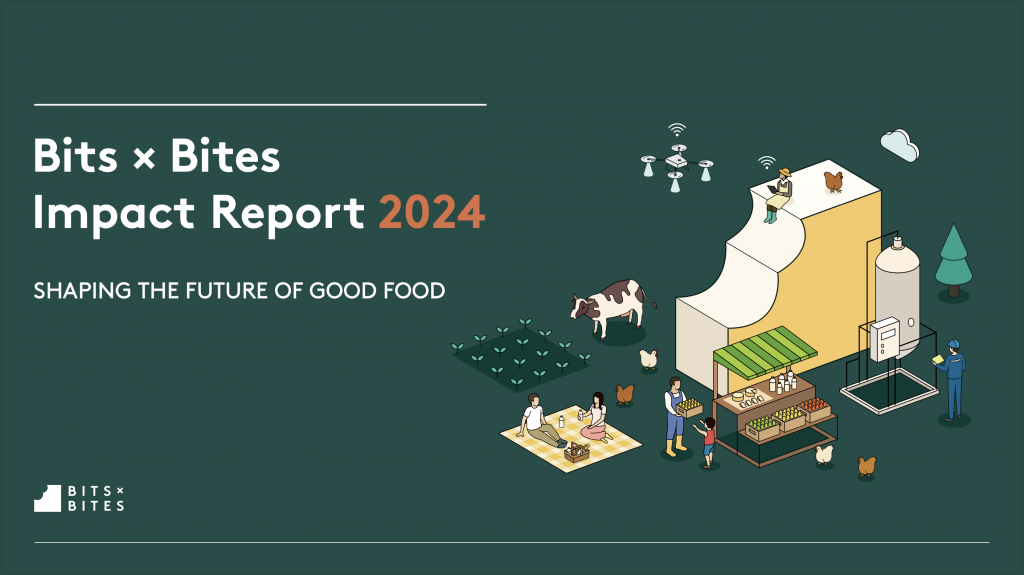
China’s economy is currently facing major challenges today as it undergoes multiple structural changes at the same time. The country is striving to shift its focus from “ultra high-speed growth at all costs” to “innovation-based and sustainable growth”.
As China sets ambitious goals for industrial upgrading amidst geopolitics and geoeconomics factors, it places a strong emphasis on its green economy transition. Green economy requires economies of scale and substantial infrastructure investment, and China has demonstrated its capabilities in these areas through significant contributions to renewable energy, leading advancements in EV, solar panels, and lithium-ion batteries.
Specifically in the agriculture and food sector, we’ve witnessed a series of top-down initiatives to support low-carbon transformation and promote sustainable food production. Efforts range from rice decarbonization to methane upcycling in livestock farming. On the food side, China recently introduced its first Nutrition-Grade system for beverages, which takes into account added sugar, saturated fat, trans fat, and non-sugar sweeteners. Growing concerns for public health have also spurred the government to accelerate novel food regulations.
In 2024, we stand at a crucial juncture. COP28 signifies a fresh start as we take concrete measures towards achieving our climate action goals. Each step we take brings us closer to a future characterized by both prosperity and environmental stewardship. These incremental yet significant changes will expedite the transition to sustainable agrifood systems, shaping an economically thriving and ecologically balanced world.
Please read the full report here.